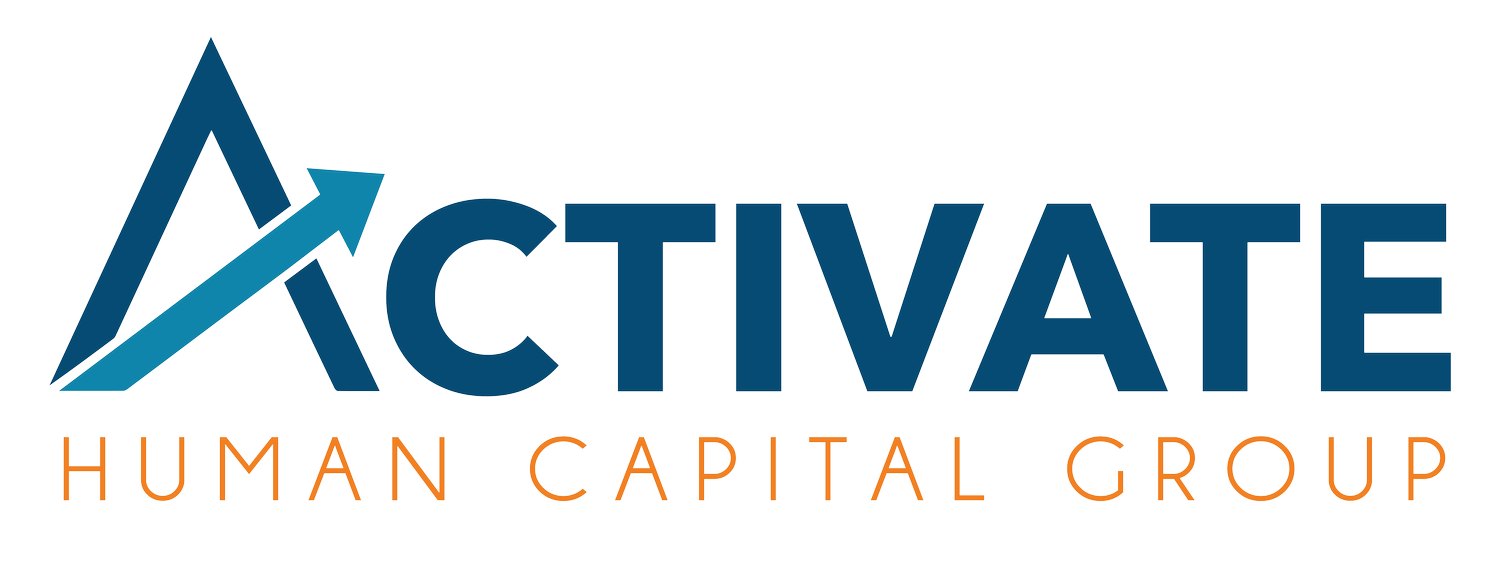Navigating Employment During the “Great Resignation”
Americans are leaving their jobs at an unprecedented rate. In September of 2021 alone, 4.4 million workers left their jobs voluntarily. This put the Labor Department’s “quits rate”– a measurement of workers leaving jobs as a share of overall employment—at a historic high of 3%.
This phenomenon, widely referred to in the media as the “Great Resignation,” started during the height of the COVID-19 pandemic last year and is seemingly here to stay. Despite job openings remaining abundant, no industry has been unimpacted by this trend. The most common reasonings cited by employees for leaving range from employers’ poor handling of the pandemic, not meeting employees’ requirements and demands, burnout, and a widespread lack of career development opportunities. Inc.com summed these motivations as “feedback that goes unheard.”
Outstanding trends considered, it's likely that you, too, have considered leaving your job at some point, whether over the past year or prior. This is a normal consideration, healthy even, especially when you feel your personal and professional needs aren’t being met by your employer when you’ve provided ample feedback. But in such a volatile and unpredictable world, it's important to be thorough and contemplative before you opt to leave a job. Below, we’ve detailed two perspectives to ponder when you’re considering leaving your job.
1. Don’t act rashly! Simply put, don’t leave just yet. Have you done your part to diagnose the issue before you do so? It’s important to remember that it's not too late to make a sincere effort to own and fix the issue alongside your employer with whom you already have an established relationship and rapport. It could be a powerful learning experience and help you avoid running into similar problems at another place of work. Consider working with a friend or mentor to see if you can self-diagnose what’s happening with our free webinar, “Owning Your Own Engagement.”
2. Be strategic in your exit interview. If you’re leaving, work to frame your exit discussion in a way that best defines your struggles. Was it a consistent lack of clear expectations? Competing expectations between your direct supervisor and an indirect boss or team lead? Too many "Top" priorities? Were the resources simply insufficient for you to do your job correctly? Was it simply a role that didn’t honor your abilities, talents, or training? Any number of these things could motivate you to leave your job, and it's important to provide ample feedback to your employer when doing so. Just because they couldn’t get it right with you, doesn’t mean they can’t improve going forward.
Deciding to leave your job will always be a difficult one. Whether or not you decide to, you can prepare well for the process by reflecting and researching, familiarizing yourself with your experiences at your current place of employment, and consulting friends, mentors, and outside resources.
Discover how Activate Human Capital Group can transform your workplace with our unique employee engagement strategies and strengths-based approach. Don't miss the chance to enhance your team's performance and satisfaction. Contact us today to start the conversation about your organization's future!

